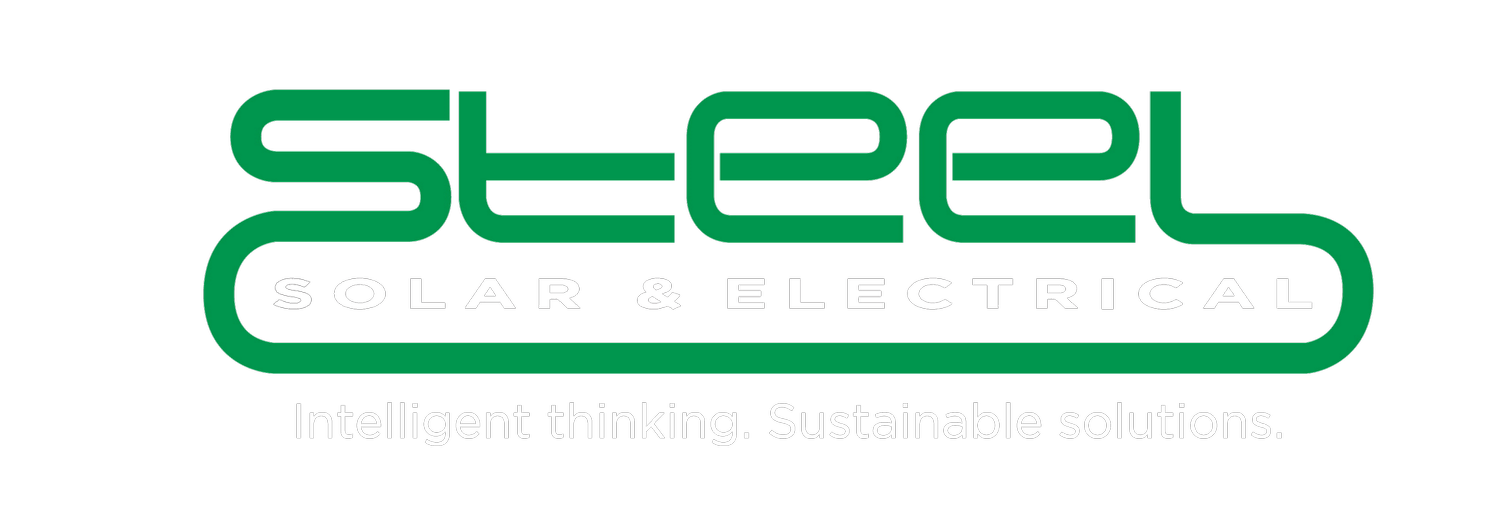Why Commercial PV is a Great Source of Cheap Electricity
New Zealand's electricity market is facing unprecedented challenges, with the majority of commercial businesses grappling with skyrocketing power prices.
Since September 2021, wholesale electricity prices have surged from around $100 per megawatt-hour (MWh) to an alarming average of $700 per MWh as of August 2024.
This dramatic increase has forced commercial businesses to temporarily halt operations, raising concerns about the sustainability of their business and the broader impact on the local economy. A lot of these major businesses are exporters. And if they’re not exporting, New Zealand as a whole is worse off.
For businesses struggling to manage these escalating costs, commercial photovoltaic (PV) solar systems offer a compelling solution.
By generating their own electricity, companies can shield themselves from the volatile energy market, reduce their operating expenses, and gain a competitive edge in a challenging economic environment.
The Impact of Soaring Electricity Prices on New Zealand Businesses
The rise in electricity prices has placed immense pressure on businesses that are heavily reliant on energy. One North Island business in the timber industry has seen its energy costs soar from 15% of total production costs to over 40%.
Despite significant investments in capital expenditures to improve production efficiency and reduce energy consumption by 20-30%, the company has been unable to offset the staggering increase in input costs.
The situation at this North Island business is not an isolated case which is making New Zealand an increasingly unattractive option for investment.
What is a Commercial PV System?
A commercial photovoltaic (PV) system is a solar power setup designed specifically for businesses and large-scale energy users.
It operates by converting sunlight into electricity through solar panels composed of numerous solar cells made from semiconductor materials, typically silicon.
When sunlight hits these cells, it creates an electric field, generating direct current (DC) electricity. This DC is then converted into alternating current (AC) using inverters, making it suitable for powering commercial operations or feeding excess energy back into the grid.
Commercial PV systems differ from residential solar systems in several key ways.
Firstly, they are generally larger in scale, capable of producing significantly more electricity to meet the higher energy demands of businesses.
Additionally, commercial systems often involve more complex designs and installations, including rooftop arrays, ground-mounted systems, or even solar carports.
They may also integrate with existing infrastructure, such as energy storage systems, to ensure a reliable power supply.
Unlike residential systems, which typically aim to offset a homeowner’s electricity use, commercial PV systems are designed to achieve substantial cost savings, energy independence, and sustainability for businesses on a much larger scale.
Why Commercial PV is a Great Source of Cheap Electricity
In light of these challenges, commercial PV systems offer a viable and cost-effective alternative for businesses looking to reduce their dependence on the grid.
Here’s why investing in solar energy makes sense:
Significant Cost Savings: By generating their own electricity, businesses can substantially reduce their reliance on the grid, leading to considerable savings on energy bills. This is particularly important for companies with high energy demands, where even a small reduction in costs can have a significant impact on profitability.
Stability in Energy Costs: Unlike the fluctuating prices in the wholesale electricity market, solar energy offers stable and predictable costs once the system is installed. This predictability allows businesses to budget more effectively and reduces the financial risk associated with energy price volatility.
Sustainability and Corporate Responsibility: Adopting solar power aligns with global trends toward sustainability and corporate responsibility. Businesses that invest in renewable energy can enhance their reputation, attract environmentally conscious customers, and comply with increasingly stringent environmental regulations.
Increased Energy Independence: Commercial PV systems enable businesses to become more energy independent, reducing their exposure to market fluctuations and the associated financial risks. This independence is particularly valuable in a market where electricity prices are subject to rapid and unpredictable changes.
Conclusion: Securing the Future with Solar Energy
As New Zealand’s electricity prices continue to rise, the case for investing in commercial PV systems becomes increasingly compelling. For businesses facing the financial strain of high energy costs, solar power offers a practical and sustainable solution that can reduce expenses, stabilize energy costs, and improve competitiveness.
By investing in solar energy, businesses can protect themselves from future price hikes, reduce their carbon footprint, and position themselves as leaders in the transition to a more sustainable economy. In a market where the cost of electricity shows no sign of abating, commercial PV is not just a smart choice—it’s a necessity for businesses looking to secure their future.
If you want to get a FREE quote for your commercial business, contact us today.
